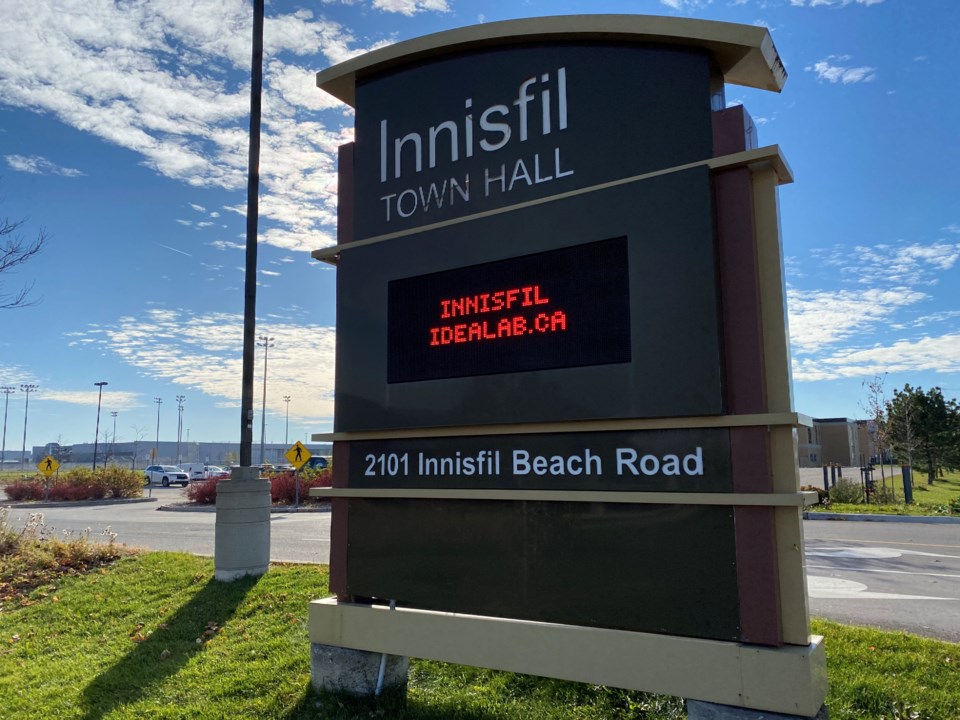Mandated private rain gardens will be drying up in Innisfil.
Town council approved an agreement between the Alcona Capital development and the Lake Simcoe Regional Conservation Authority (LSRCA) which will see an off-setting cash compensation for water balance in the subdivision.
Approximately $318,000 is estimated to be heading the LSRCA’s way, which could open up funding opportunities for other capital projects in town to centrally manage infiltration. In exchange 49 of the 108 lots in the Alcona Capital development would not have a rain garden installed.
It’s a good decision in the eyes of Coun. Bill Van Berkel, whose ward includes the Alcona Capital development.
“I’ve probably had more calls over the last two or three years (from) people who didn’t want them,” he said. “One of the biggest troubles is they run through across two houses. One house is very diligent and makes them look beautiful and the other side, they don’t even pull a weed.”
The LSRCA’s water balance offsetting policy has been in place since 2018 which requires major developments to meet a water balance within their sites. That policy did allow for a cash-in-lieu option if there were constraints to maintaining the pre-development groundwater recharge.
The Alcona Capital development predates the 2018 policy and rain gardens have been installed in 59 lots.
Rain gardens are a “low impact development bio-retention system which collects roof, lawn, and driveway runoff in a shallow depression in the front yard,” town staff explained in a report. Rain gardens “filter and store the runoff providing it time to infiltrate into the groundwater aquifer (and are) planted with a variety of plants which can tolerate dry soil conditions due to the lack of topsoil.”
Unfortunately, more rain gardens are neglected, Van Berkel suggested, than looked after.
“If there’s another way to doing it, without being visible like a rain garden, I’m all for it,” he added.
Coun. Ken Eisses spoke about his experience as a farmer dealing with run-off and other water events. While erosion in areas where ponding occurs is a concern, he and others in the agricultural industry can make mitigation efforts on their properties – through crop selection and other methods – with greater ease than a residential property owner.
He wanted to know what other options were available to residents beyond the rain gardens.
“The rain garden is an older draft plan condition; those draft plan conditions were imposed more than five years ago and we’re no longer stipulating rain gardens in new developments,” explained Devina Mohamed, development engineer for the town “Some of what we’ve already approved but aren’t in the ground yet (include) enhanced grass swales, soak away pits, infiltration trenches and sand swales.”
The process has helped spur the town to look at the way it maintains its water balance.
“This is not the first time we’ve had residents not wanting the rain garden,” Mohamed said. “Our preference would be to have the rain garden where it’s controlled and maintained by the town.”
That, of course, requires additional commitment from staff, including time, training and budget. Moreover, town rain gardens would share space in the rights-of-way with utilities, meaning additional planning and likely reconstruction would be required.



